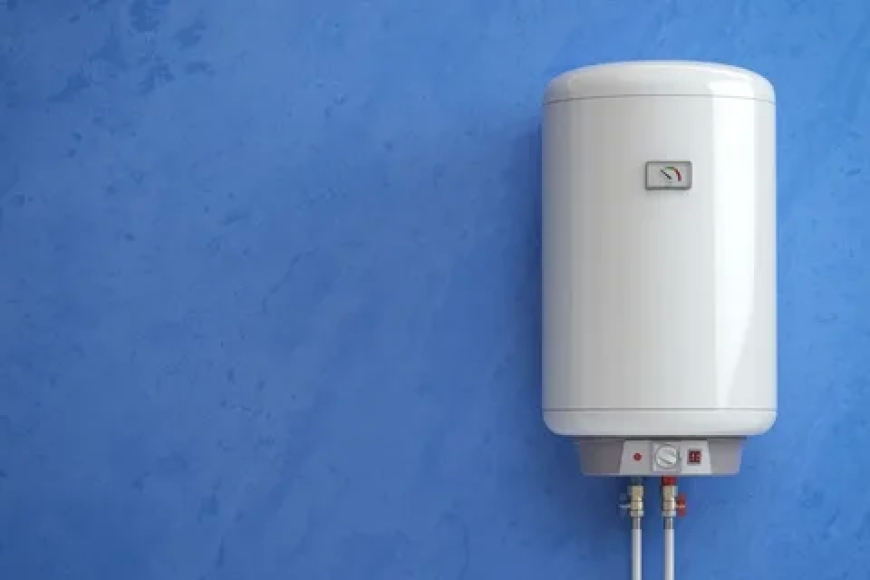Types of Water Heaters: A Guide to Choosing the Best Option for Your Home

When it comes to choosing a water heater for your home, the options can be overwhelming. With different types designed for specific needs, it’s important to select a model that aligns with your household's hot water demands, energy efficiency goals, and budget. In this article, we will explore the main types of water heaters available on the market today.
1. Traditional Tank Water Heaters
The most common type of water heater, a traditional tank water heater stores a large amount of hot water in a tank. These systems are typically available in gas or electric models, with capacities ranging from 30 to 80 gallons, depending on the size of your home and water usage. Tank water heaters are ideal for households that require a constant supply of hot water, especially those with multiple bathrooms or large families.
The main downside of a tank water heater is that it can be inefficient due to heat loss. Since the water is stored at a high temperature 24/7, some energy is inevitably lost, even when not in use. However, they are generally more affordable upfront than other options.
2. Tankless Water Heaters
For homeowners looking to save space and energy, tankless water heaters are an excellent choice. Unlike traditional models, tankless systems don’t store hot water. Instead, they heat water directly as it’s needed. These systems are also known as on-demand water heaters, offering hot water instantly whenever you turn on the faucet or shower.
Tankless water heaters are energy-efficient because they don’t waste energy keeping a tank of water hot. Instead, they only use energy when hot water is in demand. This can translate to significant savings on energy bills over time. Tankless systems are also compact and take up less space than their tanked counterparts. The downside is that they can be more expensive to install and may struggle to meet high demand if multiple fixtures are used simultaneously.
3. Heat Pump Water Heaters
Heat pump water heaters (HPWHs) work by transferring heat from the surrounding air or ground to heat water. This process is more energy-efficient than traditional electric water heaters because it uses existing heat in the air rather than generating new heat. These systems can be especially effective in moderate climates where ambient temperatures are ideal.
The key benefit of heat pump water heaters is their energy efficiency. They can use up to 60% less energy than conventional electric models. However, they are typically more expensive to install and may require more space for the unit to work effectively.
4. Solar Water Heaters
For environmentally conscious homeowners, solar water heaters are an excellent green alternative. These systems use energy from the sun to heat water, making them one of the most sustainable and energy-efficient options available. Solar water heaters consist of solar panels, also known as collectors, which absorb the sun’s energy and transfer it to a water tank.
Although solar water heaters can drastically reduce your utility bills and carbon footprint, they require a significant initial investment. In addition, they depend on sunlight, so a backup system may be necessary for cloudy days or higher water demand.
5. Condensing Water Heaters
A condensing water heater is a gas-powered unit that captures and reuses the heat from exhaust gases, making them more energy-efficient than traditional gas water heaters. They are most effective for homes that use a lot of hot water since they can deliver more hot water in less time.
Although they require more upfront investment, condensing water heaters are highly efficient and can significantly reduce heating costs in the long run.
Conclusion
Choosing the right water heater depends on your home's needs, budget, and long-term energy goals. Whether you prioritize energy efficiency, upfront cost, or a continuous supply of hot water, there’s a water heater option for you. Consider consulting with a professional to determine which type best fits your home’s requirements and ensure you’re making an informed decision.
What's Your Reaction?





















